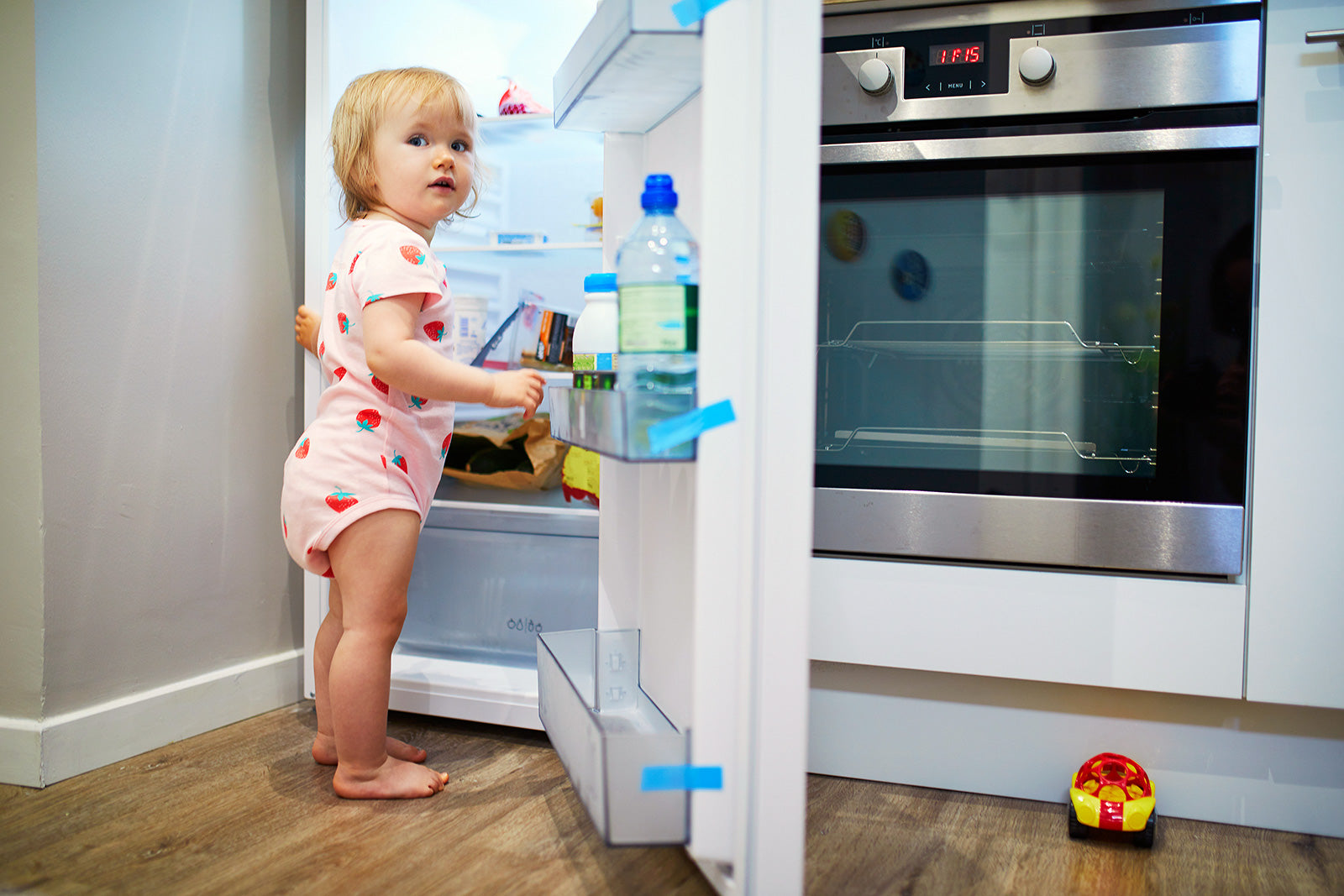How To Support Families who Experience Disability

Over 80% of us will experience a disability at some point in our lives. When someone has a disability, everyone in the family is impacted. Whether it’s a new baby with a developmental disability, an aging parent, or something else in between, families tend to do most of the work of caring for people with disabilities.
March is National Disability Awareness Month, and here at the bökee, we are honored to help spread the word. We know that parenting is hard, but parenting a child with a disability is exponentially harder. Our bökee products give parents a helping hand no matter what their parenting life looks like at any given time.
While we designed the bökee with bottles in mind, we quickly saw the impact it could have on people with impaired motor function and arm loss or injury. We have seen it help people with MS, Parkinson's, and Cerebral Palsy have more independence in the kitchen to open or stabilize jars. We have also had the honor of donating 500 bökees to the Amputee Coalition.

There are no one-size-fits-all solutions when it comes to life and parenthood, especially when someone in your family experiences a disability. We have rounded up a few ideas to help you on your journey, whether you have a person with a disability in your life or are simply looking to make our world more inclusive.
Learn the Language
It wasn’t that long ago that words like crippled, handicapped, and wheelchair-bound were commonplace. But language that defines a person as broken (the actual definition of crippled) is offensive, and people in the disability community have worked to change that tone.
The disability community has been teaching the concept of people-first language for several years now. The basic idea is that when you say, for example, “disabled person,” you have defined them solely by their disability. Changing your choice of words to “a person with a disability” sets the person apart from their disability and allows room for all the other things that person may be.

Here are a few examples of phrases to avoid:
A person may also have a specific learning disability that affects their ability to process certain information but has no impact on their overall cognition. For instance, a person with dyslexia may have difficulty decoding written letters into words. But the condition doesn’t keep the person from understanding those words after deciphering them.

Some individuals and groups of people with disabilities prefer not to employ people-first language. They may find it cumbersome or consider it an inaccurate depiction of their condition. Some people consider their disability to be integral to their culture and identify themselves in a way that fits with those beliefs.
Your best choice is to listen to how each individual or family describes their disability and follow their lead.
Give Them a Break
Everyone knows that parents need a break now and then. But when you’re caring for a person with a physical or developmental disability, getting time away can be a challenge. The unique care a family member requires, such as tube feeding, can make it hard to find willing and capable help.
If you have a friend or family member who is the caregiver for someone with a disability, offer to stay with their loved one while they run to the grocery store, have a night out, or engage in a bit of self-care. If you’re anxious about knowing how to care for their special person, do a dry run. Practice providing care while the parent or caregiver is in another room.
Be a Friend

I’m going to let you in on a little secret. Caregiving is lonely. While we love and value our family, the requirements of caregiving can take up a lot of time and energy. And some of the realities of caring for a person with a disability - diapering someone who isn’t a baby, coping with socially unacceptable or downright dangerous behaviors - drive a lot of friends and family away.
Friends and families who experience disability may seem like they’re too busy for you, but keep being there for them. If your friend turns down your invitation or cancels a dozen times, invite them again. Give them grace: their life is stressful and unpredictable right now.
Check in with them. A quick text or chat on the phone can help a stressed caregiver relax for a moment. Even if they don’t respond to that text, they will know you’re thinking of them. And when they need to talk, they know there is someone who will listen.
Just Ask
Every situation is unique. While one parent might need time away, another might need someone to help with lifting or bathing their loved one. They might just want the chance to get some sleep.

You can be the most helpful to families experiencing disabilities by asking them what they need. They might not know what to tell you because caregiving is overwhelming, so consider suggesting a few ideas to get the ball rolling:
- Offer to take care of the family member for a few hours while the caregiver runs errands.
- Invite them over coffee, with or without their loved one - whatever feels right to them.
- Ask them which room they’d like you to vacuum or if there’s another task around the home you could tackle.
- Bring them a meal or stock a few easy dishes in their freezer.
- Offer to pick up groceries for them.
Once you start looking, you are sure to find ways to be helpful.
Families Experience Disabilities in Many Ways
At the bökee, we strive to make life easier for parents and caregivers by helping you to prepare bottles or open medicine bottles one-handed. It’s a popular tool not only for parents of babies but also for anyone who has limited strength or dexterity in their hands and for people who have lost an arm or hand. Our hope is to be a support for individuals and families in many ways.
We invite you to try the bökee for yourself or a loved one today.




